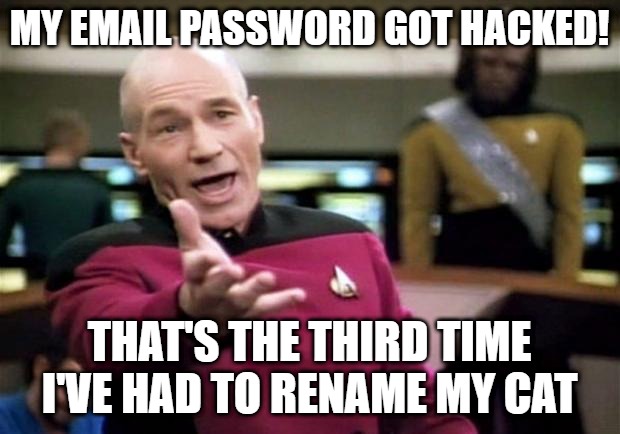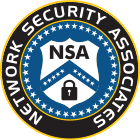
Email remains a main form of communication for both personal and professional matters. However, the convenience of email also makes it a prime target for hackers. If your email account ever gets hacked, it can lead to a host of problems, including compromised personal information and security breaches. In this blog post, we will discuss the steps to take if your email gets hacked.
1. Change Your Password Immediately
Changing your email password should be a top priority if you suspect your account has been compromised. Follow these best practices when creating a new password:
a. Use a Strong Password: Create a strong and unique password that includes a mix of uppercase and lowercase letters, numbers, and special characters. Avoid using easily guessable information, such as your name or birthdate.
b. Avoid Reusing Passwords: Do not reuse passwords across multiple accounts. Each online account should have a unique password to prevent further security risks.
2. Check for Unauthorized Rules
Secondly, if you suspect your email has been hacked you should check for any unauthorized rules that have been set up in your account. Hackers may create rules to automatically divert your emails, making it harder for you to notice their activities. Follow these steps to ensure your email rules are secure:
a. Log In Securely: Use a secure and trusted computer or device to log into your email account. Avoid using public or shared devices.
b. Access Rules Settings: Depending on your email provider, find the settings for email rules or filters. This is usually located in the email account settings or preferences section.
c. Review Existing Rules: Carefully review all the rules and filters that have been set up. Pay attention to any rules that forward, delete, or categorize your emails in unexpected ways.
d. Delete Suspicious Rules: If you find any rules that you didn’t create or that seem suspicious, delete them immediately. This will help ensure that your emails are no longer being manipulated by hackers.
3. Investigate Sent Emails
Discovering what the hacker did with your email is essential for damage control. Knowing whom they sent emails to can provide valuable insights into their intentions and potential data breaches. Here’s how to investigate sent emails:
a. Contact Your IT Department or MSP: If you suspect your email has been compromised, it’s essential to involve professionals who can help you assess the situation. Your IT department or Managed Service Provider (MSP) can access email logs on the server, which will provide a detailed history of sent emails.
b. Review Sent Items: In your email client, check the “Sent Items” or “Sent Mail” folder to see if there are any suspicious emails that you didn’t send. Make a note of the recipients and the content of these emails.
c. Check Contact Information: Check to see if all alternative contact information is still the same. Hackers tend to change contact information to keep access to your email.
D. Inform Recipients: If you discover unauthorized emails sent from your account, inform the recipients immediately. This will help them be cautious about any potentially harmful emails they may have received from you.
4. Notify Your Contacts
Inform your contacts about the hacking incident to prevent them from falling victim to phishing attempts or spam emails sent from your compromised account. Ask them to be cautious when receiving emails from you during this period.
5. Get Professional Help If You Are an Admin
If you have admin access and get hacked, the scope can be much broader and technical in nature. We recommend you seek professionally help as soon as possible.
How Hackers Can Exploit Your Email
Hackers who gain access to your email can exploit it in various ways. One particularly insidious tactic is to drain your email of sensitive information, obtain all your email chains, and then create fake domains that mimic yours. They can then send phishing emails from one of your genuine email chains, requesting recipients to update sensitive information. This can lead to serious security breaches, identity theft, and financial losses for both you and your contacts.
To protect yourself and your employees from such attacks:
a. Educate Yourself and Your Employees: Stay informed about common phishing tactics, and educate your employees about the dangers of responding to suspicious emails. Encourage them to verify the authenticity of any unusual requests.
b. Use Multi-Factor Authentication (MFA): Enable MFA for your email account. This extra layer of security makes it much harder for hackers to gain access, even if they have your password.
Having your email hacked can be a distressing experience, but knowing how to respond is crucial to minimize the damage. Remember that prevention, such as strong password practices and regular security checks, is key to keeping your email safe in the first place.

